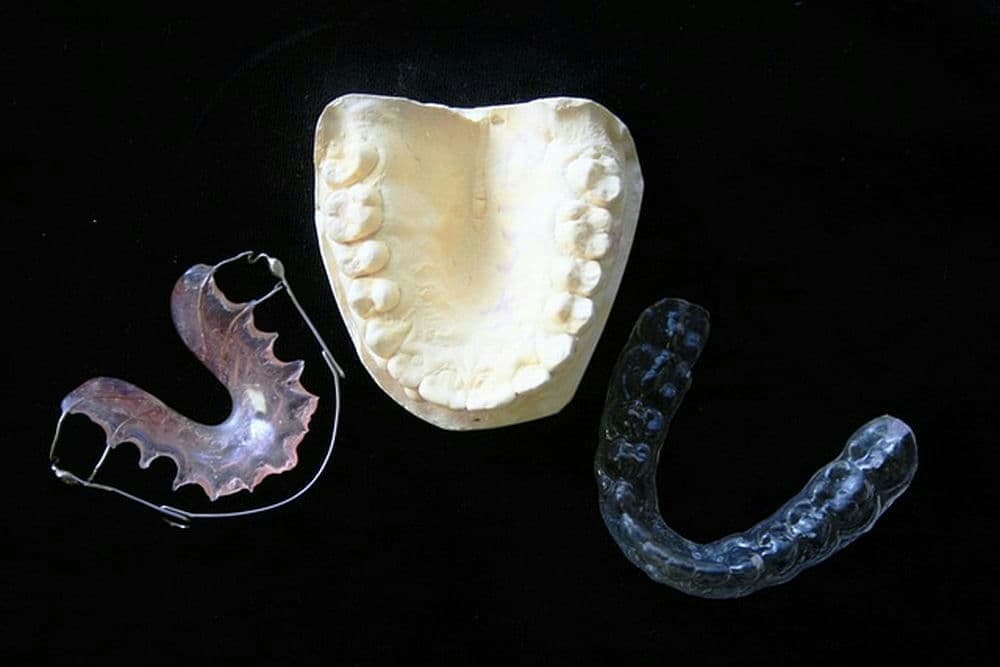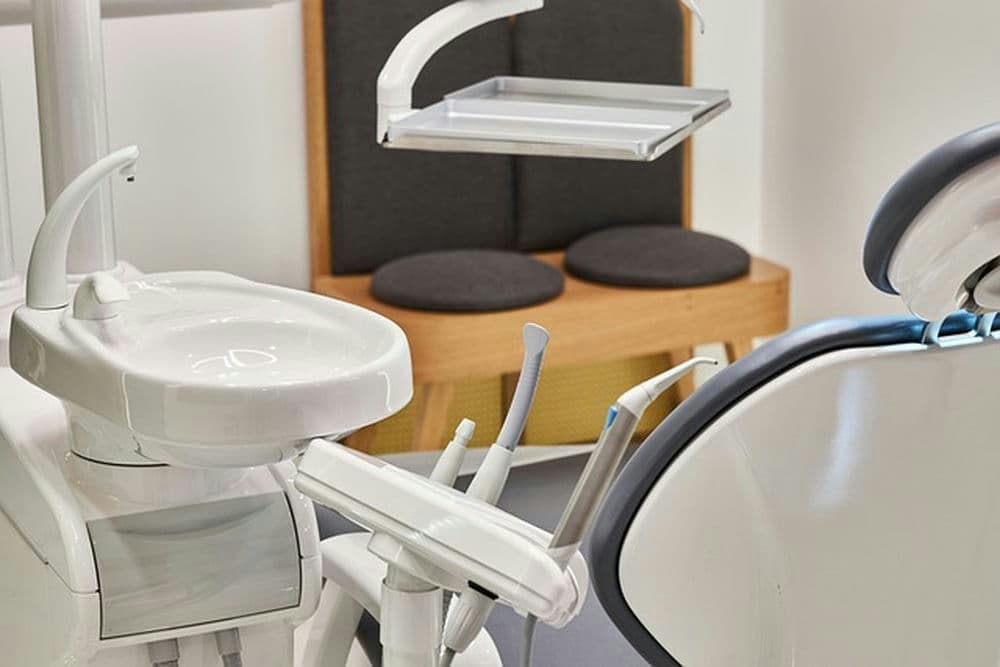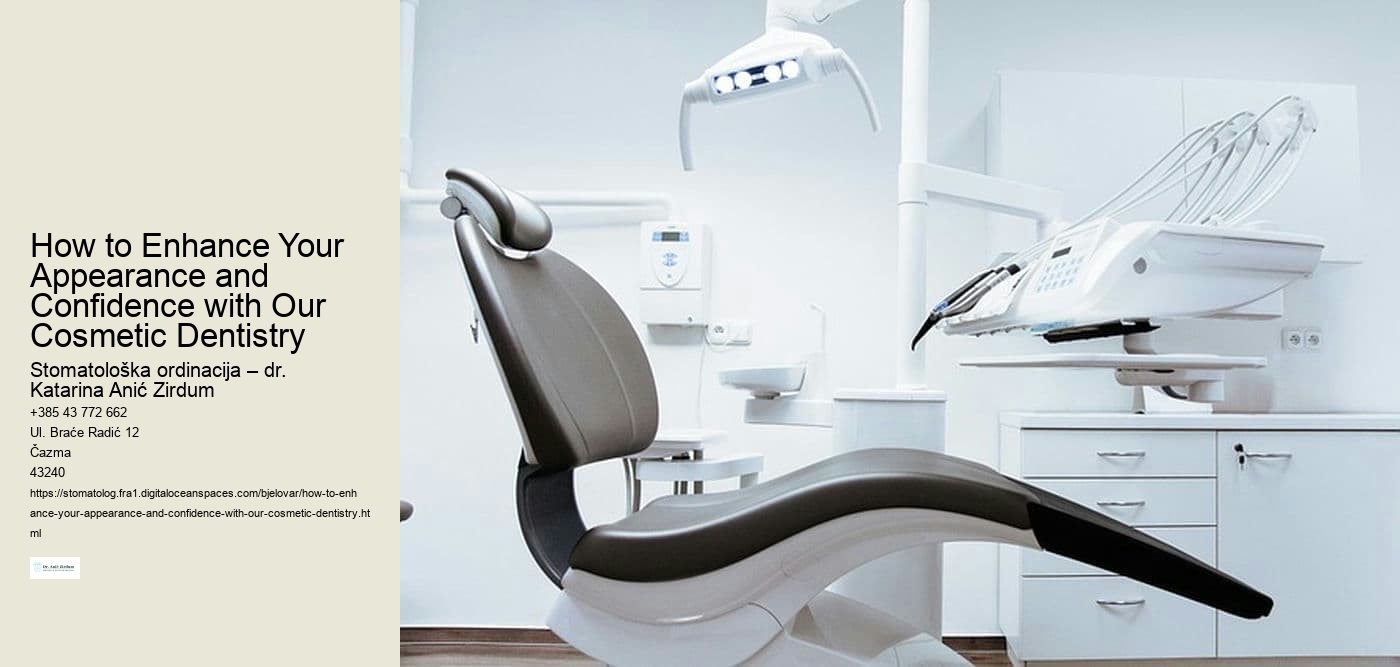
most affordable dental implants
We then cannot use them.
How long does dental implant treatment take?Every patients need is various and so remedy length will depend on the type of implant you're having, the health of your mouth, gums and bones. Our experienced Implant Surgeons and their teams will keep you well knowledgeable before the treatment and each step of ways, and could provide you with an in depth remedy plan that may set out the time frames concerned in your implant journey. The main benefits of dental implants?Replace loose-becoming denturesMaintain bone structure after tooth lossImprove the look of your smileBoost your confidenceFunction and feel similar to herbal teethImprove chewing and speakingLong term solutionHigh success rateDental implants are a fixed answer for lacking teeth that are the closest possible substitute for herbal teeth. They contain one or more titanium screws being inserted into your jawbone to imitate a natural tooth root. Dental crowns are securely attached to those to fill the gaps in your mouth. Because dental implants are securely anchored in your jaw you’ll have the self belief to readily eat whatever you want. Dental implants are a well-dependent remedy for replacing lacking teeth. As they're inserted at once into your jawbone they help prevent bone loss or circulate of your remaining teeth, aiding to maintain the architecture of your face. There are a number of alternative types are dental implants which can be utilized based on your need. These range from a single implant to hold one tooth, to distinct implants that hold a few teeth, even full arches in some instances. Single dental implantSingle implant videoPlayIf you're missing a single tooth, then a dental implant is the closest thing to the common tooth that you can get.
mini dental implants
A bridge consists of a false tooth (or teeth) supported by adjoining teeth which have been capped.
If no implant is placed in the primary year of losing a tooth, that bone area loses 25% of its volume, and bone loss continues through the years. Dentures can even accelerate bone loss as they frequently become loose, after which rub against the bony ridge, regularly wearing it away. Because an implant replaces the basis as well as the tooth, and chewing is restored to normal, it provides the needed stimulation for herbal bone growth. Dental Implants keep adjoining teeth stableThe gap from a missing tooth can cause adjoining teeth to crookedly shift towards the gap. This pulls your teeth out of position and might affect your bite, your potential to chew and your appearance. It can cause interference that makes tooth replacement challenging later. A poor bite can also result in issues along with your TMJ (temporomandibular joint) and will bring about pain and problems. Dental Implants may help keep you free of gum diseaseA lacking tooth gap can act as a trap for food and micro organism and can result in gum sickness. Dental Implants can keep away from facial sagging and premature agingFacial sagging can be an unwanted effect of bone loss due to lacking teeth. This is where the lower third of the face starts to collapse, gradually final the distance between the end of the nose and the chin. Changes can come with excess wrinkles around the mouth, thinning lips and a more pointed chin, making the person look a lot older than his or her true age.


top dental implants
Some people do not like that appearance and prefer to have the abutment placed in a separate process.
Dentures can move while you chew, which is annoying, and likewise makes it difficult to chew! In fact, dentures commonly have only 10% or less of full chewing power. Dental implants have full chewing power and implant-supported bridges or dentures also considerably increase the chewing power. Dentures may click while eating. With implants or implant-supported dentures, there’s no traumatic clicking sound. Dentures don’t supply the stimulation had to prevent bone loss. The jawbone needs to have the stimulation of high-force chewing to keep its volume. Implants ensure no jaw bone is lost. Progressive bone loss because of wearing dentures can cause facial cave in. Over the years bone loss may cause the cave in of the lower third of your face, creating excessive wrinkles, sagging skin and jowls, thinning lips and a sunken-in look. This can considerably age a man’s look. Implants avoid bone loss.
4 on 4 dental implants
There are a number of bone graft elements that can be used to rebuild a jawbone.
Treatment plan. Tailored to your situation, this plan takes under consideration elements akin to what number of teeth you wish to have changed and the situation of your jawbone and remaining teeth. To management pain, anesthesia options during surgery include local anesthesia, sedation or common anesthesia. Talk to your dental professional about which option is healthier for you. Your dental care team will educate you about eating and consuming before surgery, dependent on what type of anesthesia you've. If you're having sedation or average anesthesia, plan to have a person take you home after surgical procedure and expect to rest for the remainder of the day. What which you can expectDental implant surgery is customarily an outpatient surgery performed in stages, with curative time between processes. The means of placing a dental implant comes to varied steps, adding:Damaged tooth removalJawbone education (grafting), when neededDental implant placementBone growth and healingAbutment placementArtificial tooth placementThe entire procedure can take many months from start to finish. Much of that time is dedicated to healing and looking ahead to the expansion of new bone in your jaw. Depending in your situation, the real procedure done or the parts used, certain steps can every now and then be mixed. When bone grafting is requiredIf your jawbone isn't thick enough or is too soft, you could need bone grafting before you may have dental implant surgery.
